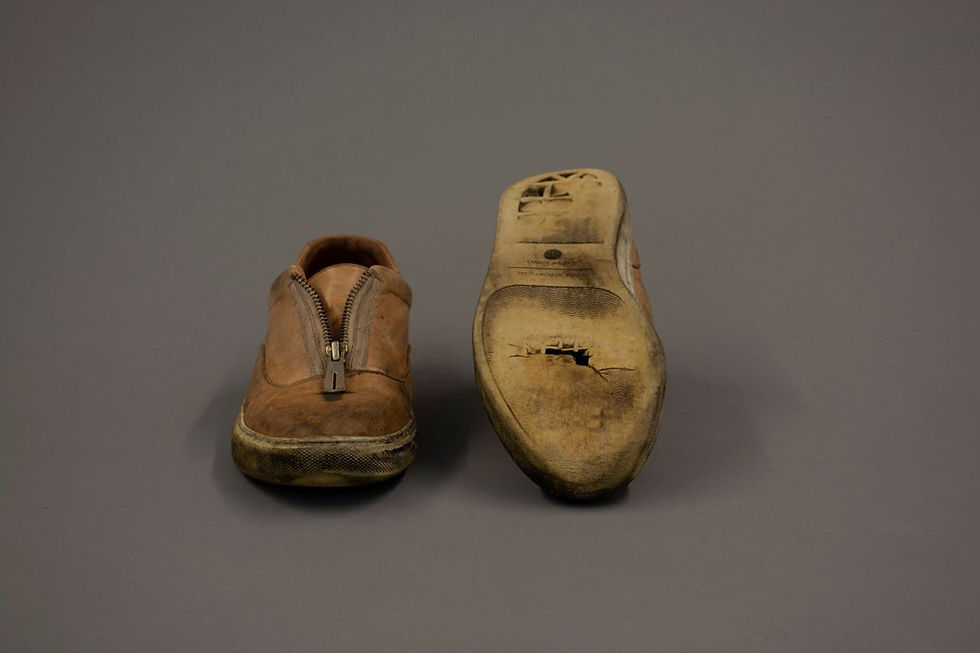
Professor Sharan Grewal
Assistant Professor of Government, College of William and Mary
Nonresident Fellow, Center for Middle East Policy, The Brookings Institution
Research Fellow, Middle East Initiative, Harvard University (2023-2024)
Professor Grewal's publications

Soldiers of Democracy? Military Legacies and the Arab Spring, Oxford University Press, July 2023
"Political, not Partisan: Tunisia's General Labor Union under Democracy," Comparative Politics, 54(3): 453-475, April 2022, with Dina Bishara
"From Islamists to Muslim Democrats: The Case of Tunisia's Ennahda," American Political Science Review, 114(2): 519-535, May 2020
"Tunisia's Foiled Coup of 1987: The November 8th Group," Middle East Journal, 74(1): 53-71, Spring 2020
"Down and Out: Founding Elections and Disillusionment with Democracy in Egypt and Tunisia," Comparative Politics, 51(4): 497-539, July 2019, with Steve Monroe
Tunisia revolution timeline
2010: Arab Spring begins when a Tunisian street vendor set himself on fire after being harassed by police

January 14, 2011: President Ben Ali flees into exile in Saudi Arabia
October 2011: Ennahda wins the most seats in a new parliament; forms coalition government with 2 secular parties
February & July 2013: Two secular politicians assassinated by Islamic extremists
December 2013: Ennahda cedes power to a technocratic government in compromise over a new constitution
January 2014: Parliament approves new constitution, guaranteeing personal freedoms, and splitting power between a president and prime minister
December 2014: Beji Caid Essebsi (Nidaa Tounes) wins first presidential election; Ennahda comes in second in parliamentary elections; unity government is formed with Nidaa Tounes, Ennahda, and two other parties
March 2015: Islamic State attacked the Bardo Museum in Tunis, killing 20 tourists and a police officer
October 2015: The Tunisian National Dialogue Quartet of civil society groups are awarded the Nobel Peace Prize for their role in mediating a political solution to the constitutional impasse in 2013/2014
November 2015: Suicide bombing kills 12 soldiers
March 2016: Security forces repel attack by ISIS-affiliated group on the Libyan border in the southern Tunisian town of Ben Guerdane
July 25, 2019: President Essebsi dies
October 2019: Kais Saied elected president
July 25, 2021: Kais Saied closes parliament and centers all power in himself

July 25, 2022: New constitution passes with only 30% voter turnout, creating a hyper-presidential system
December 2022/January 2023: Parliamentary elections draw 11% voter turnout
References to non-Tunisian politics

Gaddafi's Power to the People
Hajjar, Sami G. 1980. "The Jamahiriya Experiment in Libya: Qadhafi and Rousseau," The Journal of Modern African Studies, 18(2): 181-200
Autogolpe (self-coup) in Peru (1992)

Comments